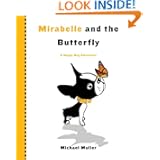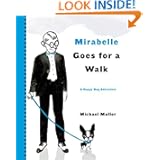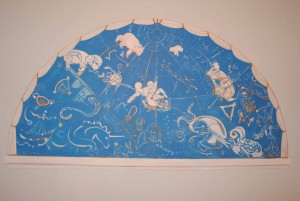 What happens when “Bartleby the Scrivener” meets The Lord of the Flies? As you can imagine, the results are not pretty. In Aravind Adiga’s second novel about India (The White Tiger was his first and won the Booker Prize), the reader is drawn into a world of greed and corruption and witnesses a radical breakdown in human behavior. While much of the frustration that motivates the characters’ behavior is unique to India, the frightening results are universal.
What happens when “Bartleby the Scrivener” meets The Lord of the Flies? As you can imagine, the results are not pretty. In Aravind Adiga’s second novel about India (The White Tiger was his first and won the Booker Prize), the reader is drawn into a world of greed and corruption and witnesses a radical breakdown in human behavior. While much of the frustration that motivates the characters’ behavior is unique to India, the frightening results are universal.
Last Man in Tower centers on the conflict of two main characters, the greedy and narcissistic real estate developer Dharmen Shah, and Masterji, a retired teacher and once esteemed resident of the Vishram Society (a co-op in Mumbai that is considered ‘pucca’ or solid and upstanding). Shah is a man obsessed with reshaping the face of India and reaping the extraordinary financial rewards. Masterji, unlike most of the residents of his building, refuses Shah’s life-changing buyout offer, a real windfall for these families. Masterji doesn’t see any value in leaving his home, and since they live in a co-op, they all have to agree or there is no deal.
As the face-off between these two men unfolds, Masterji’s neighbors grow increasingly frustrated and conspire to change Masterji’s mind. As he digs in, his fellow residents and former friends begin to despair and devise numerous plots to get Masterji to rethink his position.
Masterji becomes a classic passive resister. Although he is being ambushed by the developer, his ‘left-hand man’, and his neighbors, Masterji is convinced that he is doing the right thing. He also believes that he is standing for all the down-trodden residents of Mumbai who will ultimately be forced out of their homes (which is some cases are poles and tarps at the edge of a running sewer). However, the more he quietly and patiently ignores the pleas of his neighbors, the worse the situation becomes. And, while Masterji sees his acts as noble and honoring the memory of his deceased daughter and wife, the reader has to wonder what his real motives are as well.
The novel is compelling not only because we are anxious to see how far the group will go to change Masterji’s position but also because it explores how one person, steadfast in a point of view, can provoke dark actions. There is no established social order to turn to, neither the police, the media, nor family and friends, will stand up for Masterji. This leaves the final act in the hands of the residents of the pucca Vishram Society, and in the end, it is not so pucca after all.
Click here for discussion questions on Last Man in Tower.






